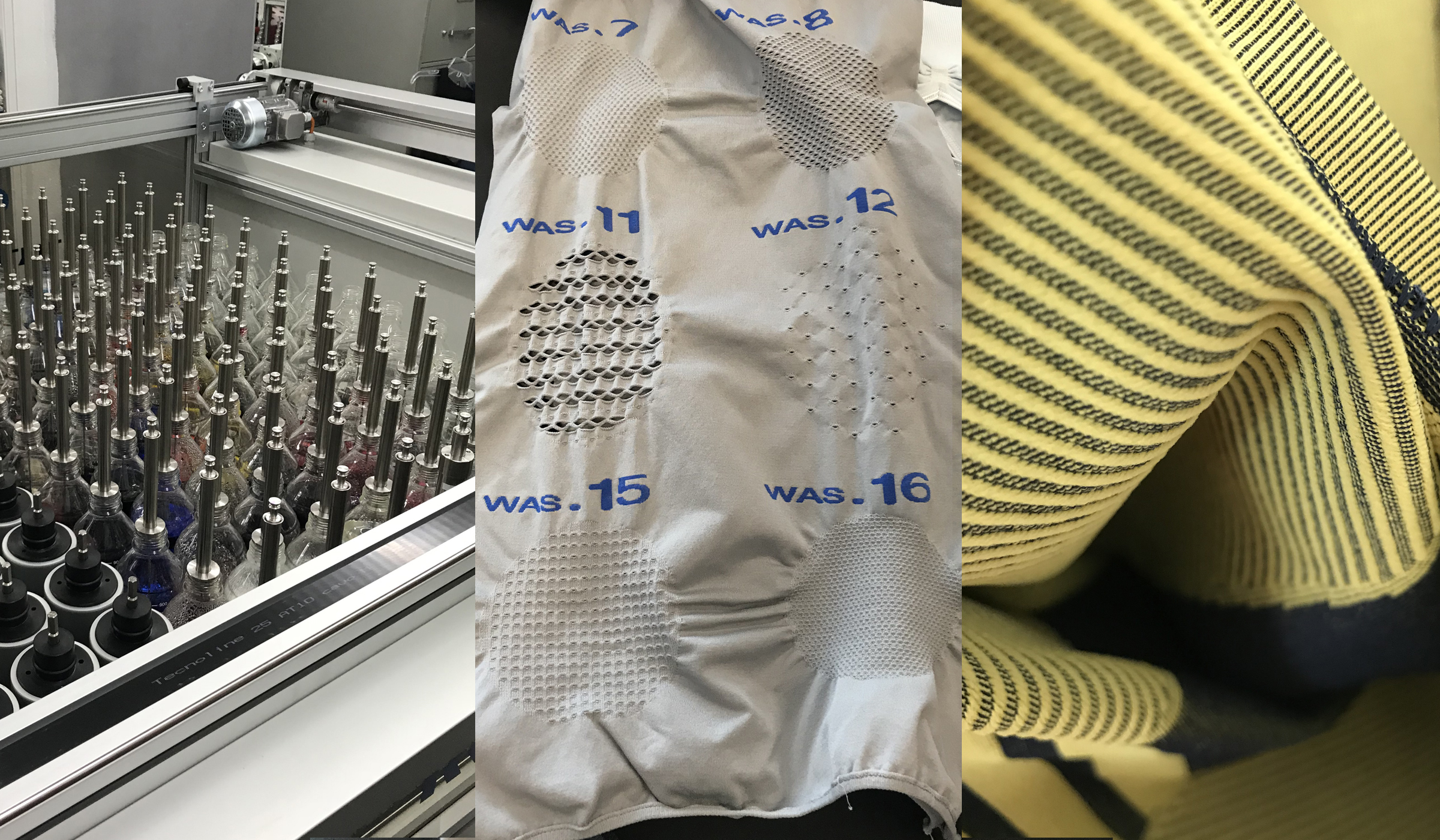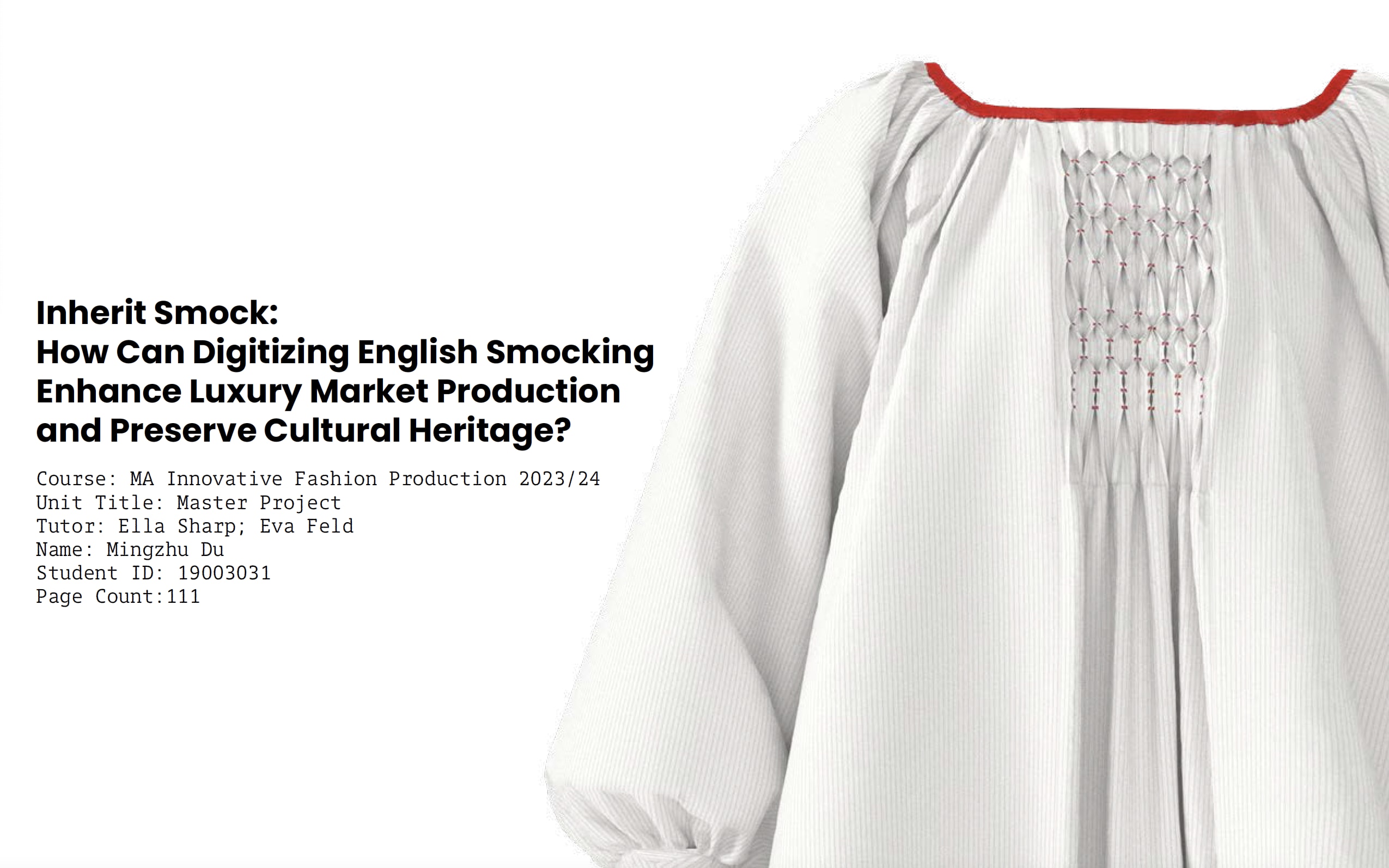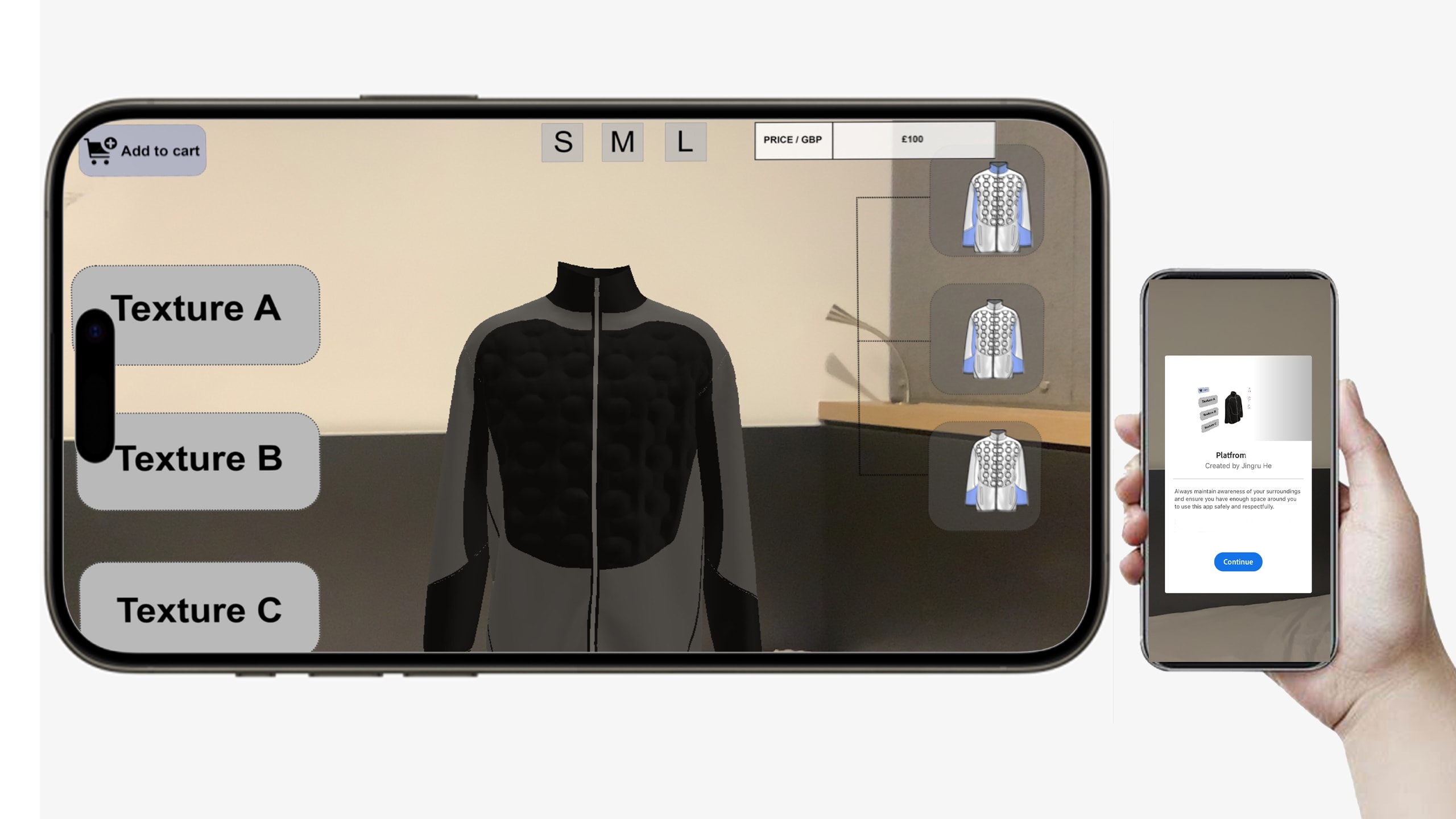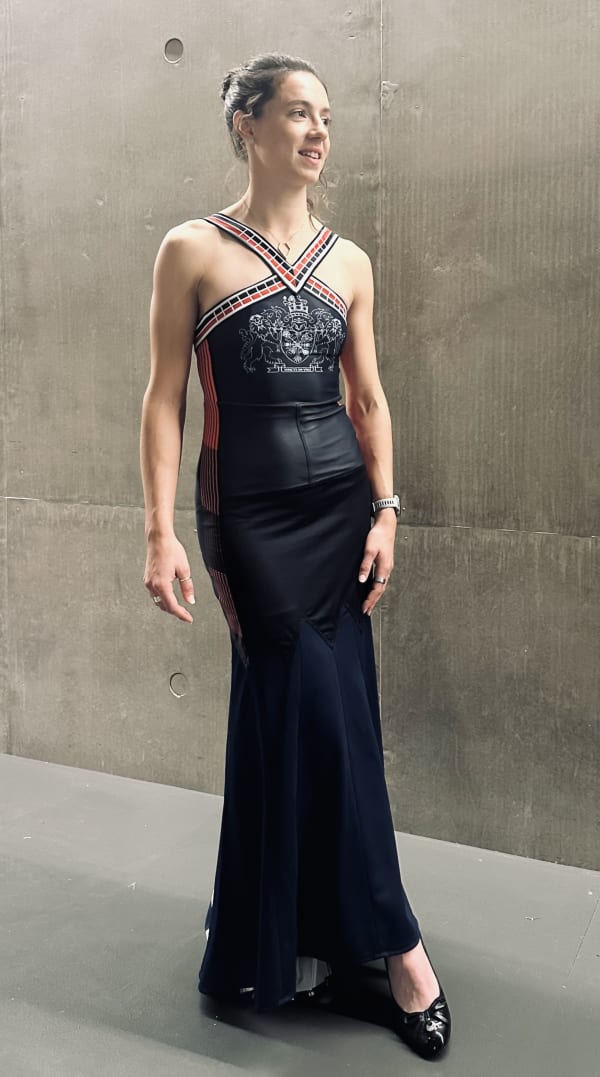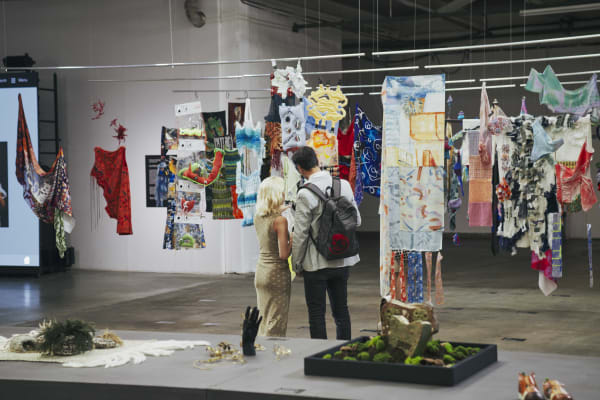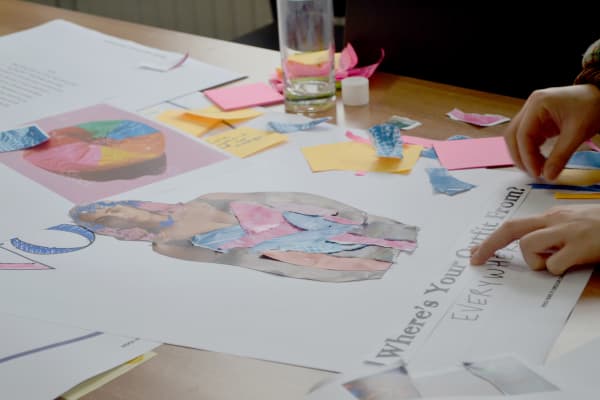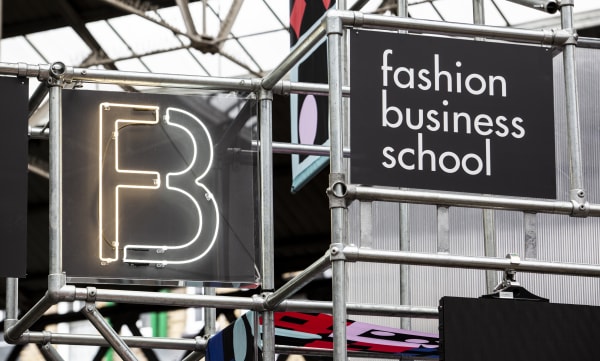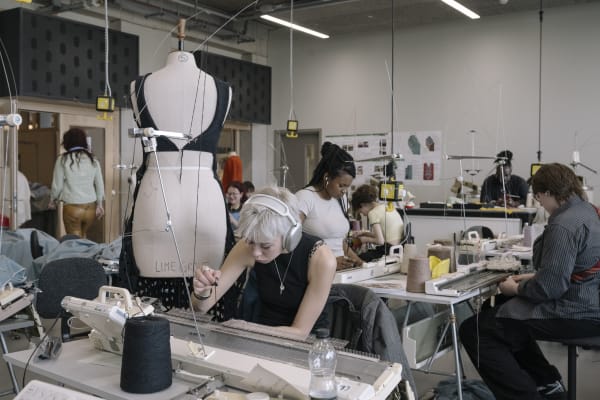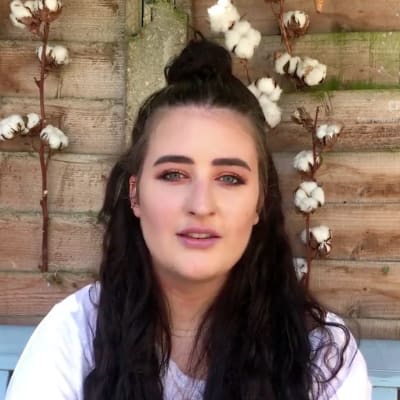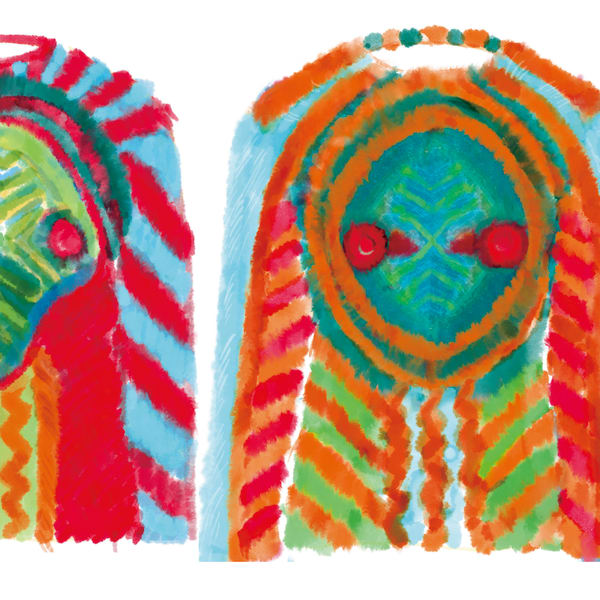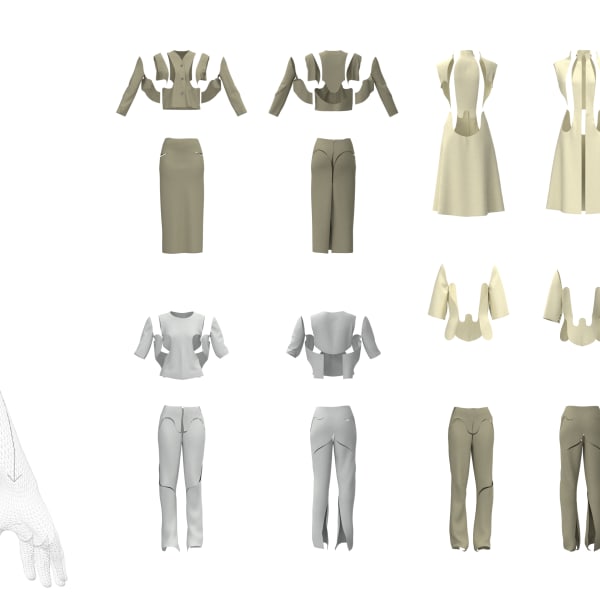Course units
Collaborative Challenge (20 credits)
This unit is your opportunity to innovate and explore developmental processes and engage with collaborative working practices. You’ll develop your professional negotiation, teamwork and networking skills that are essential in the cultural, entrepreneurial and creative industries. The emphasis of this unit is on cross-disciplinary student-led collaboration. You can engage with industry and college-based briefs.
Innovation in Production Technologies (20 credits)
This is your opportunity to critically investigate and analyse the wide variety of existing and emerging technologies within fashion production. An understanding of which new technologies are affecting fashion product development and manufacturing now and how innovation could shape products in the future is essential. During this unit you’ll have the opportunity to direct your research into aspects of production which you feel are key drivers of change in the industry.
Business Models and Fashion Production (20 credits)
In this unit, you’ll have the opportunity to pool knowledge in a team delivering a fashion product in line with a business need and societal trends, applying innovative production technologies in the process from concept to realisation. The themes of the unit are the impact of innovative production and sustainability on business as well as how business models influence the digital and physical product development and sampling of a specified garment.
Research Proposal (20 credits)
Developing effective research approaches is key to success in your Master’s project and career. This unit explores theoretical perspectives on your practice and discipline, helping define your research philosophy. You'll build core capabilities and create a theoretically grounded proposal using primary and secondary methods. You'll develop a framework connecting theory and practice, formulate research questions, and ensure your study is ethical, achievable, and critical, with potential for interdisciplinary exploration.
Connecting Production to the Consumer (40 credits)
The ability to deliver a project to brief and on time is essential in the fashion industry, in this unit your team will deliver to industry level requirements. Your team will create a capsule collection in response to a set brief with each member responsible for researching, developing and managing the design and delivery of a single product to an agreed lead time sharing an agreed aesthetic and materials palette.
Masters Project (60 credits)
The Masters Project is the final stage of your MA, the culmination of your studies providing you with a space to synthesise the knowledge and skills you have gained on the course so far. In this self-directed project, you negotiate the project shape and direction at the outset with your supervisor. This final phase of your studies requires you to effectively communicate your work demonstrating your ability to critically interrogate practice with robust research and theoretical analysis.
MA Innovative Fashion Production is offered in full-time mode and runs for 45 weeks over 15 months, with a break over the summer. You will be expected to commit an average of 40 hours per week to your course, including teaching hours and independent study.
